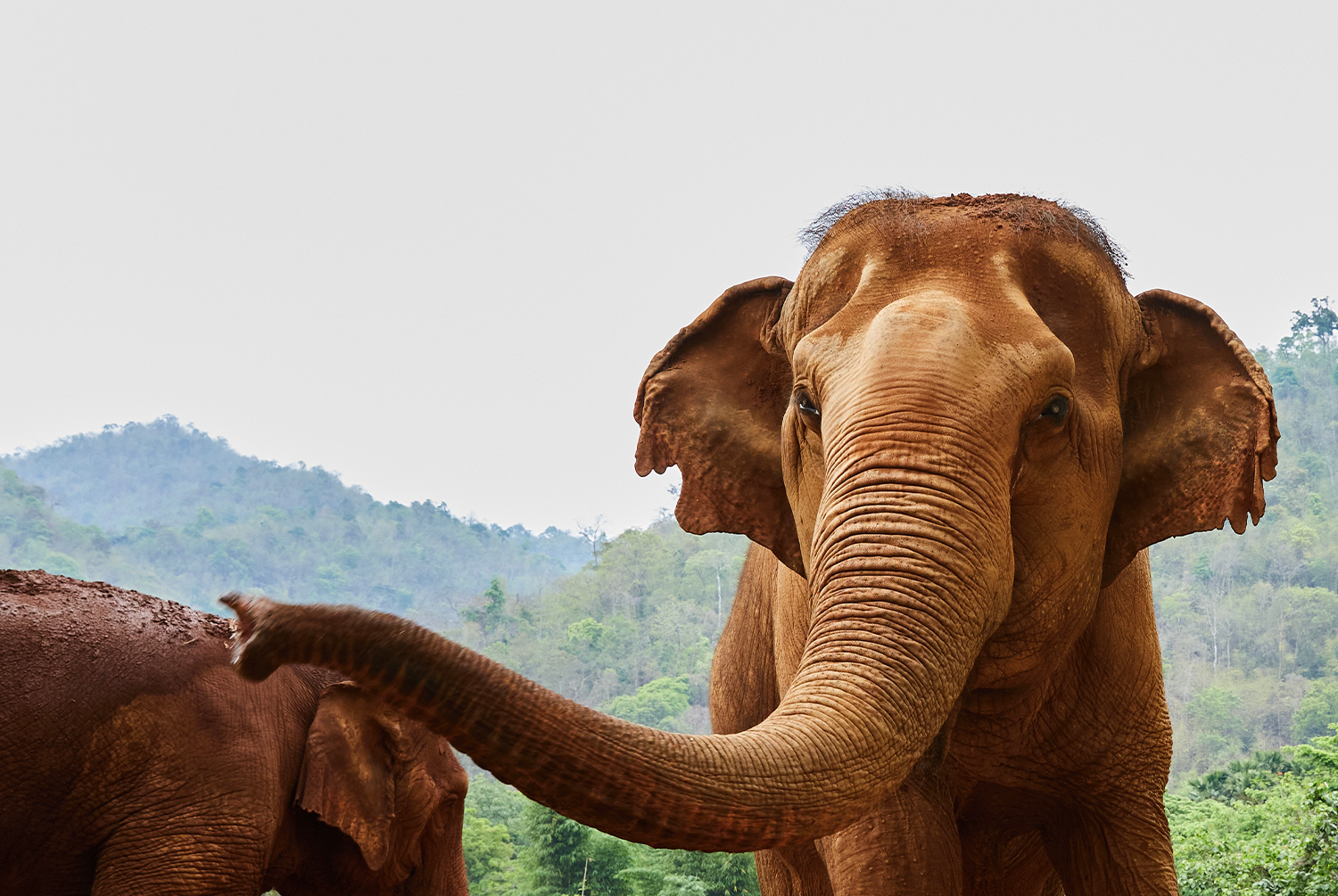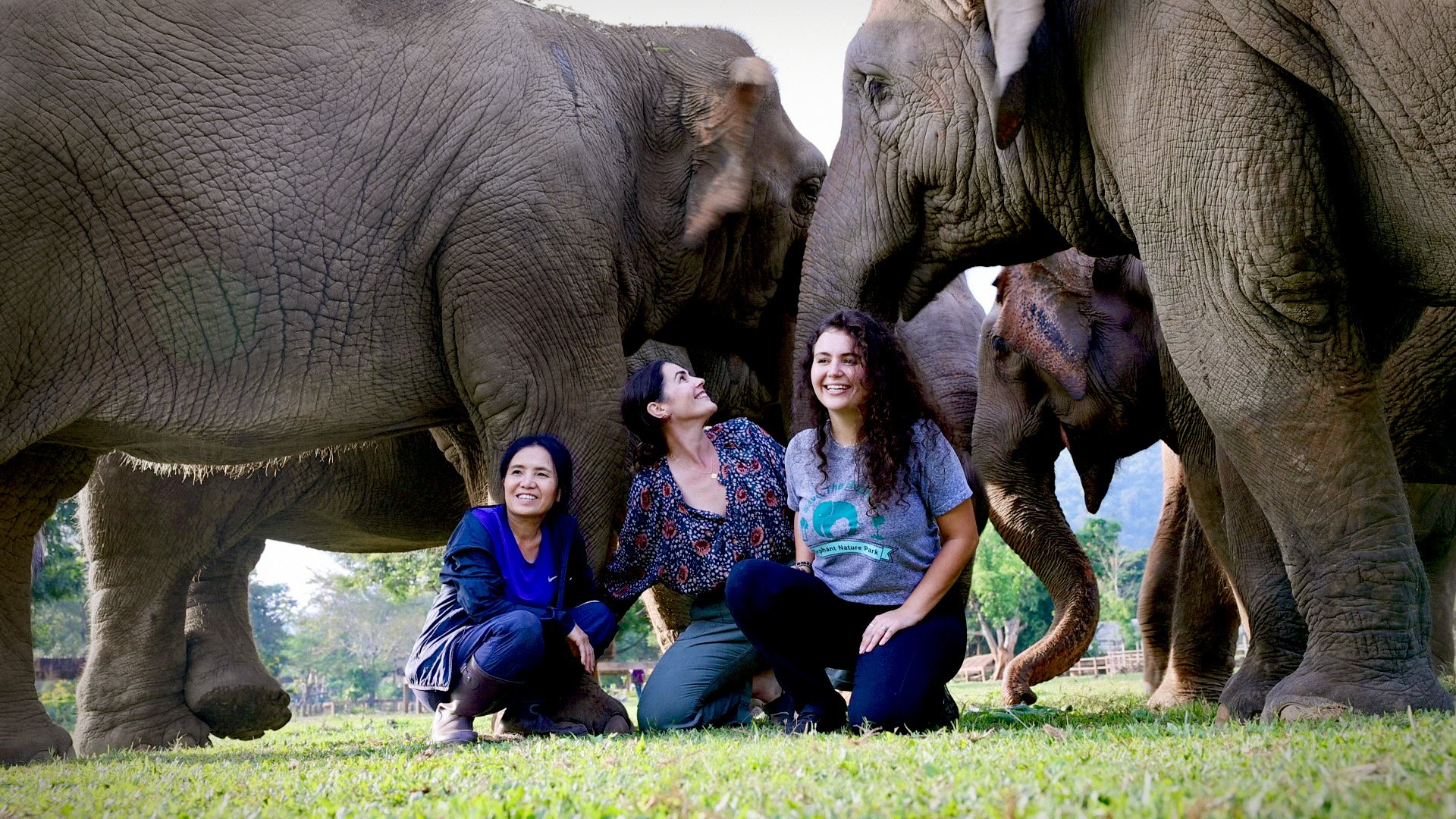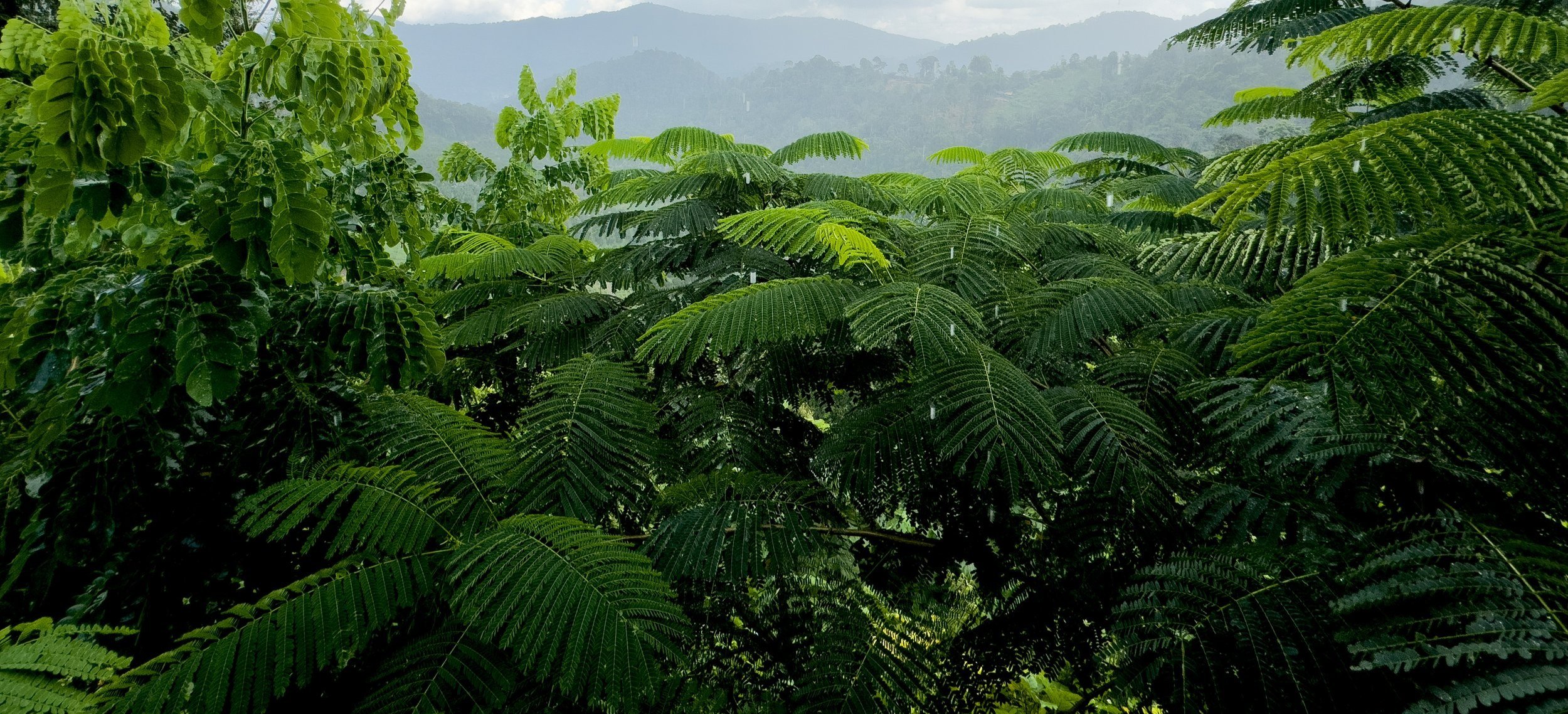

Why Asian Elephants
Asian Elephants face extinction in the wild and severe abuse in captivity.
Women Leading Conservation
Our hero Lek Chailert is among a group of powerful women fighting to protect Asian Elephants.
Our Mission
We advocate for change and aim to improve the lives of thousands of captive elephants, freeing them from decades of abuse and rescuing them to sanctuary.
“If we want to protect them,
we have to do it right now.”
- Lek Chailert
MEET THE HERD
HOW WE DO IT
Our mission goes beyond rescue; we promote awareness, ethical tourism, and conservation efforts to create a world where elephants and wildlife thrive.
Preservation
We help ensure that future generations of elephants can live in their natural environments, free from harm and exploitation.
Protection
Our priority is to protect elephants from cruelty, abuse, and the devastating effects of the unethical tourism industry.
Direct Impact
Every dollar raised goes directly toward funding emergency rescues, food and medical care, or one of our campaigns.
Collaboration
We work in partnership with sanctuaries, conservationists, and local communities to achieve lasting change.

NEXT TIME YOU’RE
IN THAILAND…
Visit Elephant Nature Park! We encourage visitors and volunteers to walk among the rescued herd and discover how you can help protect endangered elephants.
CONNECT WITH US!
@trunksupofficial

































